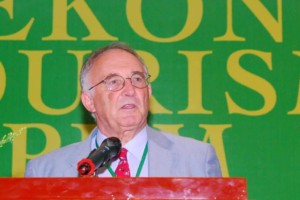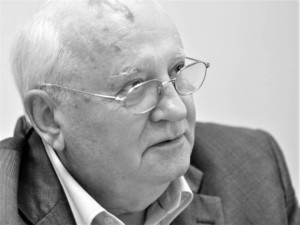Vatican proclaims support for sustainable tourism “with a human touch”
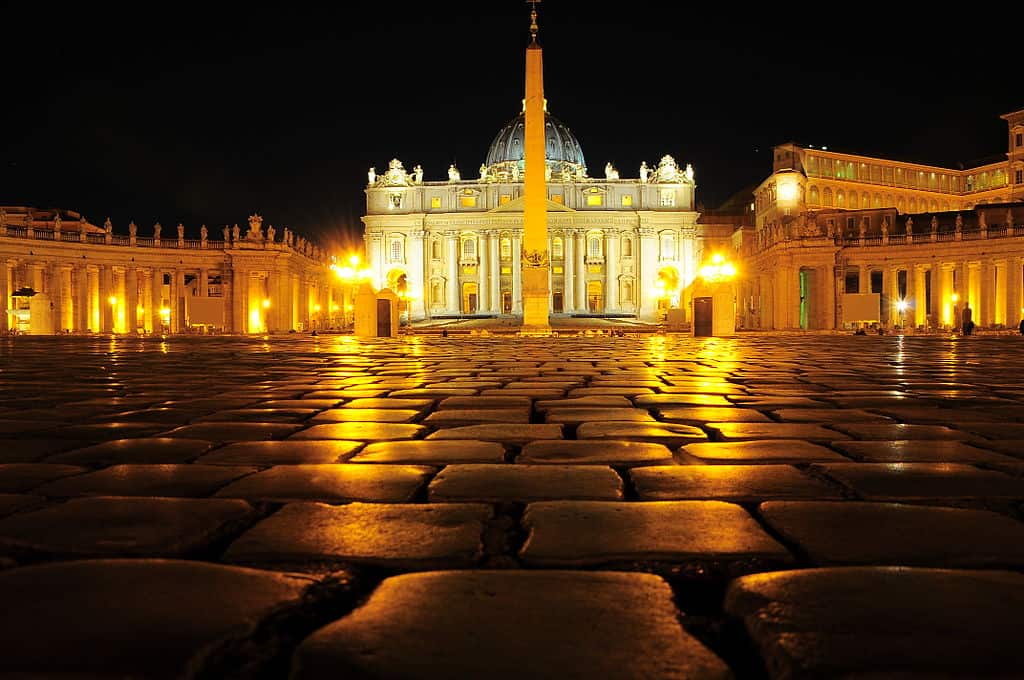
Cardinal Peter Turkson wrote: “Holiday time cannot be a pretext either for irresponsibility or for exploitation: in fact, it is a noble time in which everyone can add value to one’s own life and that of others.”
The Catholic Church says it supports the idea of sustainable tourism promoted by the United Nations World Tourism Organization (UNWTO).
“This means that it must be responsible, and not destructive or detrimental to the environment nor to the socio-cultural context of the locality,” Turkson wrote.
“Moreover, it must be particularly respectful of the population and their heritage, with a view to safeguarding personal dignity and labor rights, especially those of the most disadvantaged and vulnerable people.”
As prefect or head of the Dicastery for the Promotion of Integral Human Development, Cardinal Turkson sent the message for and in advance of World Tourism Day, which will be celebrated September 27, 2017.
A dicastery is a department of the Roman Curia, the administration of the Holy See through which the pope directs the Catholic Church.
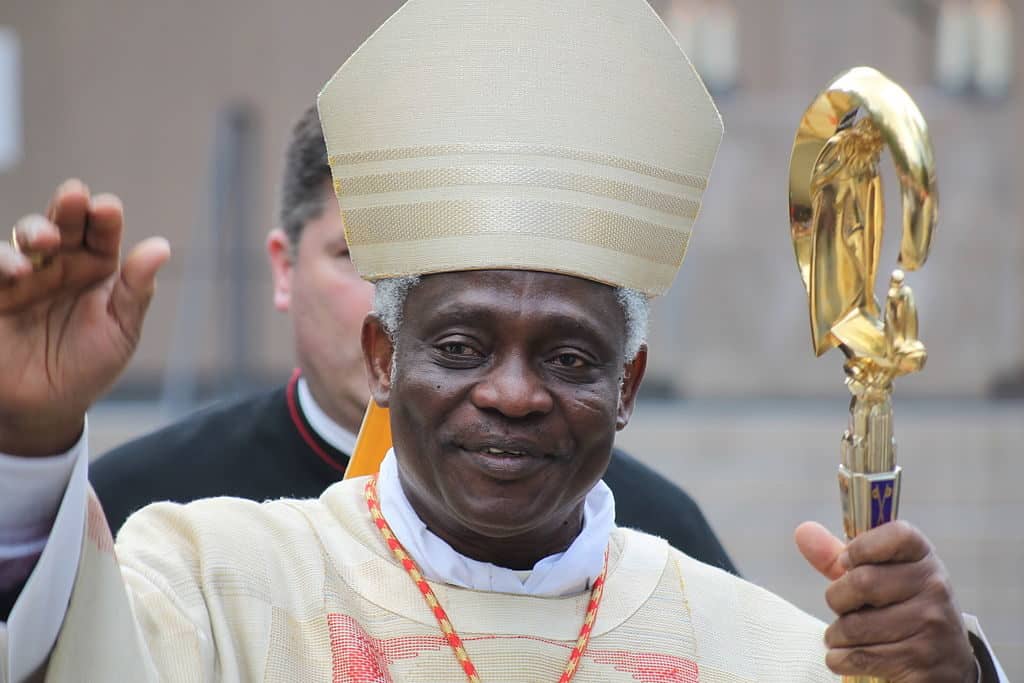
Cardinal Peter Turkson. By Missmarple76 (CC BY-SA 3.0) via Wikimedia.
According to a Wikipedia entry about Turkson, Pope Francis named the Ghanaian cardinal the first prefect of the Dicastery for the Promotion of Integral Human Development, which began operations on January 1, 2017.
Tourism with a human touch
The rest of this post is word-for-word from the CNA release:
The message, which takes its title from this year’s theme of “Sustainable Tourism – a tool for development,” notes that “every genuinely human activity” – including tourism – “must find its place in the hearts of Christ’s disciples”.
According to the World Tourism Organization, in 2016, the number of international tourist arrivals was around 1.2 billion. Worldwide, the sector accounts for 10 percent of Gross Domestic Product (GDP) and seven percent of total exports. One out of every 11 jobs are in tourism.
Therefore sustainable tourism “is also a development tool for economies in difficulty if it becomes a vehicle of new opportunities and not a source of problems,” Turkson said.
Particularly because of its economic, social and cultural contributions, it “can be an important tool for growth and the fight against poverty” as well.
But this is true only as long as it promotes integral human development, embracing “all aspects of life: social, economic, political, cultural, and spiritual, making them elements in a single synthesis, the human person.”
Sustainability is promoted under three dimensions, he said: “the ecological, aiming for the maintenance of ecosystems; the social, which develops in harmony with the host community; and the economic, which stimulates inclusive growth.”
We must ask ourselves, he continued, how these principles can be practically applied to the development of tourism. “What are the consequences for tourists, entrepreneurs, workers, governors, and local communities? It is an open reflection.”
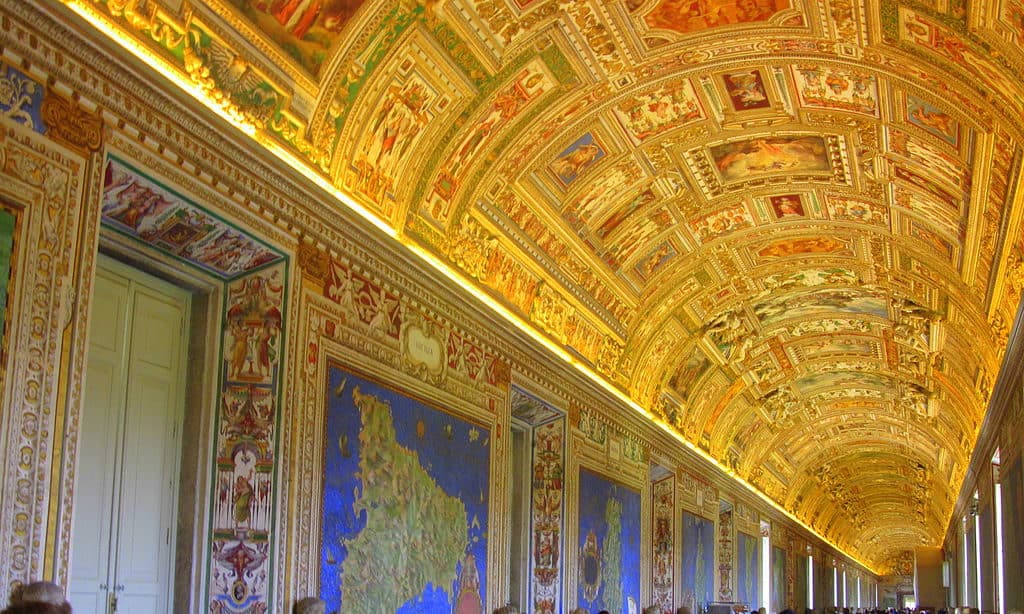
Vatican gallery. By Владимир Шеляпин (CC BY-SA 3.0) via Wikimedia.
“We invite all those involved in the sector to engage in serious discernment and to promote practices towards attaining this, accompanying behaviors and lifestyle changes towards a new way of relating to each other.”
The Church is also making her contribution, he noted, including with initiatives that place tourism at the service of the development of the human person.
“This is why we talk about tourism with a human touch, which is based on projects of community tourism, cooperation, solidarity, and an appreciation of the great artistic heritage which is an authentic way of beauty,” he said.
Conscious of the Church’s call to promote the integral development of the human person, the cardinal said that Christians must offer their own contribution to tourism, especially for the development of those most disadvantaged.
“We therefore propose our reflection. We recognize God as the creator of the universe and father of all human beings, and He who makes us brothers.”
“We must put the human person as the focus of our attention,” he continued. “We recognize the dignity of each person and the relationships among persons; we must share the principle of the common destiny of the human family and the universal destination of earthly goods.”
Concluding, he quoted from Pope Francis’ speech to the United Nations in September 2015, when he said: “The common home of all men and women must continue to rise on the foundations of a right understanding of universal fraternity and respect for the sacredness of every human life, of every man and every woman […].”
“May we live out our commitment in the light of these words and these intentions!” Turkson stated.
Featured image: Vatican zero-degree angle. Juan Rubiano (CC BY 2.0), via Wikimedia.
Related posts


